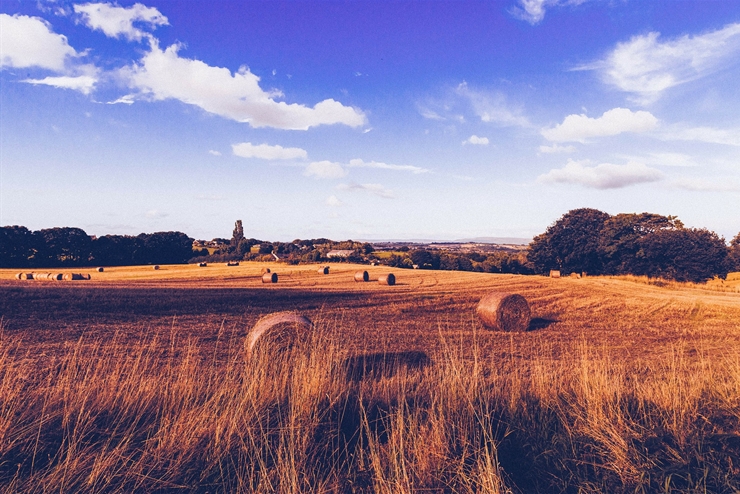A Small Farm Future, by Chris Smaje (Chelsea Green Publishing; 320 pp., $22.50). Chris Smaje is probably the only sociologist-turned-farmer in England. This unusually ecologically-aware agriculturist hopes the sobering effects of COVID-19 will help reset society by restructuring rural areas.
Food chains are fragile due to population pressure and economic and ecological challenges, and Smaje says there should be a new emphasis on small farms and on local self-reliance over factory farming and mass-market consumerism.
These are old ideas, but in our Anthropocene age they feel increasingly urgent. Smaje makes his case carefully, patiently sifting realities from fallacies on everything from organic farming to veganism, and property rights to the supposed vibrancy of cities. He discounts the “zombie liberalism” of both left and right, and the complacent fantasy that innovation will somehow save us from the consequences of our carelessness. He combines academic insight with hands-on agronomy to argue not only that small farms can feed the world, but that they may one day be the only thing that can. Even now, Smaje asserts that such farms and organic practices can out-yield conventional agriculture, without causing comparable devastation.
 Smaje is gainsaying not just agribusiness, but the whole structure of the modern state and centuries of cultural drift encrusted with snobbery against country life, manual work, and the “backwardness” of tradition. He plows a lonely furrow, pointing towards far-distant prospects to transition from consumerist and urban-oriented economies to a “distributed, omnivorous, de-centralised agricultural order.”
Smaje is gainsaying not just agribusiness, but the whole structure of the modern state and centuries of cultural drift encrusted with snobbery against country life, manual work, and the “backwardness” of tradition. He plows a lonely furrow, pointing towards far-distant prospects to transition from consumerist and urban-oriented economies to a “distributed, omnivorous, de-centralised agricultural order.”
A minority will find Smaje’s vision attractive, because even now rural life is associated with authenticity, community, “escape,” and Cincinnatus-like moral virtue. But is it feasible as a mass movement?
Nobody wants to return to Smaje’s “hardscrabble life of toil retained in folk memory.” Few will forage for food, slaughter their own livestock, or make their own wine when the supermarket beckons. His priority is therefore to make his “materially adequate” future seem slightly more appetizing, not just to eco-conscious individuals, but more importantly to the economists, philosophers, and politicians in thrall to economies-of-scale, “growth,” homogenization, scientism, and short-termism.
There are precedents for Smaje’s vision, and hints of change. Small farms were the default setting for much of history, and many countries still have many small farms. Even the modern West is not that far removed from this tradition, and more of us are altering our attitudes, growing different crops, eating better meat, and using fewer chemicals. If Smaje is right, these choices may soon become necessities, and the “easy option” will be no option at all—and then we’ll be grateful for cultivators of his kind.
Image Credit:
[Image from Pixabay]

Leave a Reply